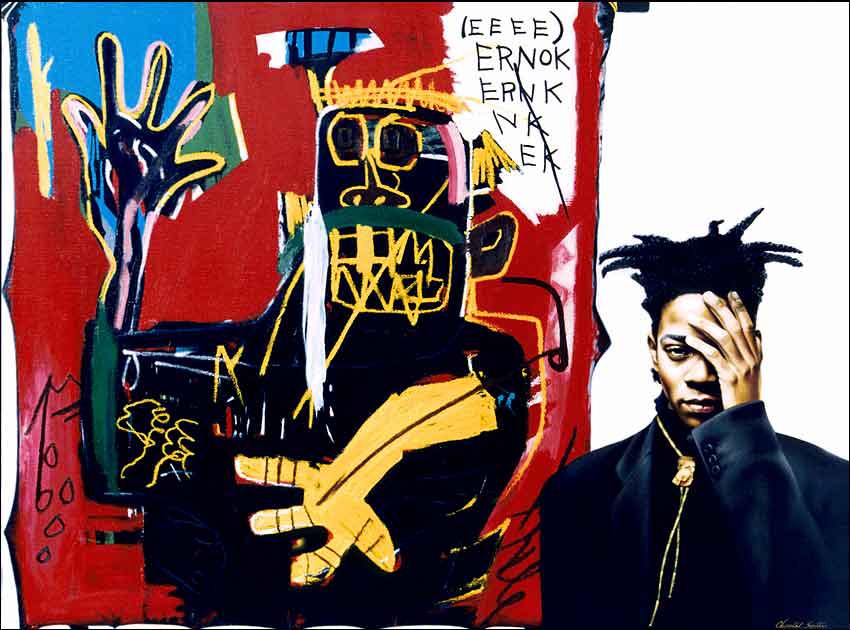news
From KIN by Dror Burstein, translated from the Hebrew by Dalya Bilu
F

And the head of the city is raised to the blue sky, and a great shadow falls on the whole city, on the continent, as in an eclipse, and they see, in the last minutes of their lives, the sight which is both terrible and beautiful, an alien visitor, not from another planet, for the planet itself is the visitor, a comet, or an asteroid, tearing the atmosphere, and boiling the seas dry, racing like a locomotive without a driver, millions look at it and millions more look at their television screens, and one thought is multiplied by a billion, a dream, it’s only a dream, and we will surely wake up from it. And it’s impossible to look anywhere but at the sky, where they can already see, at the outside edges, where they know, where they can see. And at night a kind of whistle seems to come from the clouds. Everyone has known, for months, that it’s going to happen, the calculations were flawless, they knew the exact hour, and where it would hit, the scientists gave the longitude, the latitude, artists built giant sculptures at the predicted points of collision and set up cameras, and high school students put the data into physical equations and prayed for a miracle, but all the calculations showed a single result, nobody was mistaken. They knew the name of the city, and the inhabitants of the city were supposed to leave, but they stayed. Some of them because they weren’t completely convinced by the scientific predictions — but most of them to see.
*
He put on the record with Beethoven’s cello sonatas. Played by Jacqueline du Pré and Daniel Barenboim. The sonatas were recorded in Edinburgh in 1970, and Yoel and Leah were present at the concert.
‘They’re married, you know,’ he said and turned the record over.
‘So are we,’ she replied from the armchair to his back bending over the gramophone.
He turned to look at her, waiting for the sounds, her eyes closed, her head tilted back against the armchair. The whisper of the needle on the record came over the loudspeakers. And it seemed that the cello would never be heard, the piano would never be heard, only this whisper, like messages recorded by sensitive instruments from very remote cultures, broadcasting their histories over ancient radio waves.
They were at that concert. They didn’t even know that it was being recorded. Was Emile there? No. Emile was then in [ ]’s belly in Jaffa, and he didn’t hear those sounds. But in days to come he would hear the record.
The cough you could hear there in the first part of the sonata in G minor, after about five and a half minutes, was Yoel. It was a severe winter. He was sent to a conference on sunken roads in Scotland. And Leah didn’t want to stay home alone. And he caught the flu.
With every second of the progression of the music the knowledge of their failure as a couple was borne in on them. They would never have a child. Thirty three years old, and the spring was already stopped by a stone. And they wanted one very much. They even knew what they would call him: Gil. And the disappointment of their four parents. Somebody sneezed, others echoed his cough. There was a kind of flu epidemic in Scotland then, in 1970. But Jacqueline du Pre and Daniel Barenboim were absorbed in their playing, and apparently did not notice the noise. Only they were healthy in a hall full of sick people, thought Leah. And Yoel thought that it was precisely for these coughs that the music came. In order to heal them, to be there by their side, to nurse them, not to let the noise and the coughing prevail. It was a severe winter in Scotland, and the sick people got out of bed and came in spite of everything to hear the couple and Beethoven. And indeed, the music cured them completely.
– Dror Burstein was born in 1970 in Netanya, Israel, and lives in Tel Aviv with his wife and two children. He was qualified as a lawyer, but hasn’t practiced law. He started his study of literature and earned a Ph.D. in Hebrew literature at the Hebrew University of Jerusalem. He published poetry and prose books, among them the documentary book Without a Single Case of Death (2007) which was translated into English. His most recent book, Kin (2009) is being translated into French and Italian.
– Dalya Bilu is a well-known translator of Hebrew literature — in fact she is one of Israel’s finest. The books she has translated are almost too many too enumerate — Zeruya Shalev, A.B.Yehoshua, Yaakov Shabtai, Aharon Appelfeld, David Vogel, Joshua Sobol, Yoram Kaniuk, Orly Castel-Bloom, Edna Mazya, Yehudit Hendel, Yehoshua Kenaz, Alona Kimhi, Judith Katzir, Batia Gur and more. She has been awarded a number of prizes, including The Israel Culture and Education Ministry Prize for Translation, the Times Literary Supplement Prize and the Jewish Book Council Award for Hebrew-English Translation. She lives in Jerusalem.
Copyright © by Dror Burstein, Copyright in English translation © The Institute for the Translation of Hebrew Literature









